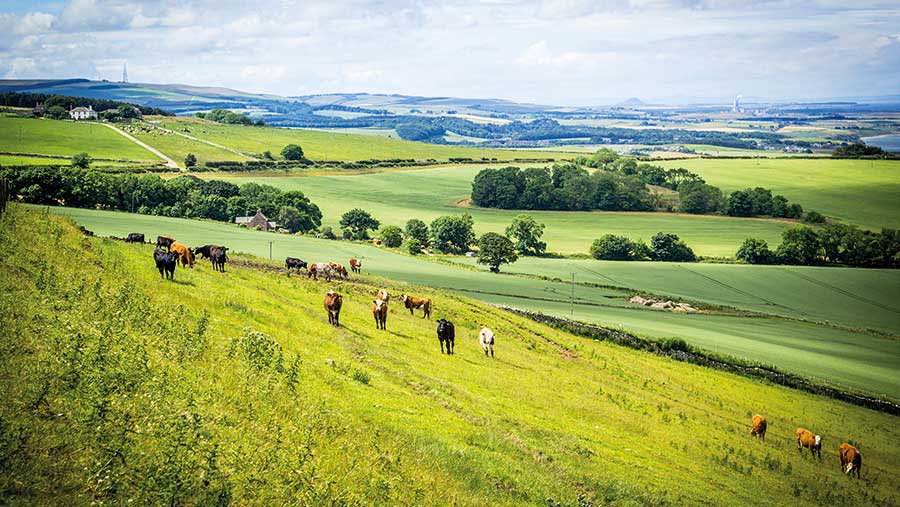NFUS leads demands for food security ahead of Ag Bill launch
 © Adobe Stock
© Adobe Stock Pressure is mounting on the Scottish government to put more effort into delivering food security for the nation as it prepares to launch a new Agriculture Bill later this month.
That bill will lay the foundations for future, post-Brexit farm support in Scotland, with a greater emphasis on environmental delivery and climate change mitigation.
See also: Frustration over lack of detail on Scots future farm support
NFU Scotland (NFUS) has this week written to Scotland’s first minister Humza Yousaf insisting that food production must still be at the heart of government policy.
“Your clear and unequivocal support for the industry, putting food production at the heart of government policy, would send an important signal to farmers and crofters and provide the confidence they need to invest in the future,” said NFUS president Martin Kennedy in the letter.
“This is important because the industry continues to face a number of challenging headwinds,” he added, pointing to the mounting cost of production, chronic shortages of labour, supply chain imbalance, and the weather.
Five key demands
The letter sets out five specific areas NFUS wants the Scottish government to commit to:
- Putting food production at the heart of future agricultural policy in order to achieve resilient businesses and a secure food supply
- Providing increased, multi-annual and ring-fenced funding, including allocating 80% of future funding as direct support to agriculture
- Introducing a Good Food Nation Act, with a “Scottish first” policy towards sourcing food locally
- Holding an urgent review of the red tape burden on Scottish agriculture
- Raising the profile of Scottish agriculture across the Scottish government, parliament and society as a whole.
Livestock worries
Scottish Association of Meat Wholesalers chairman Ian Bentley had equally strong messages for government when he addressed the organisation’s annual conference in Edinburgh last Friday (1 September).
“We need help to reverse the long-term decline in livestock production in Scotland, a decline which, if it continues, will ultimately call into question the viability of our industry,” he said.
Despite better farmgate prices in the past couple of years, the numbers of sheep and cattle had not improved
“I believe this is because we are not seeing the development of a clear, unequivocal policy of support and promotion for Scotland as a key producer of quality meat on the domestic and world stage,” said Mr Bentley.
With world demand for meat on the rise, other countries were more proactive at seeking to win market share for their industries.
Scotland needed to “join that race”, by emphasising the nation’s relatively low greenhouse gas emissions from livestock, and the nutritional benefits of grass-fed meat.
